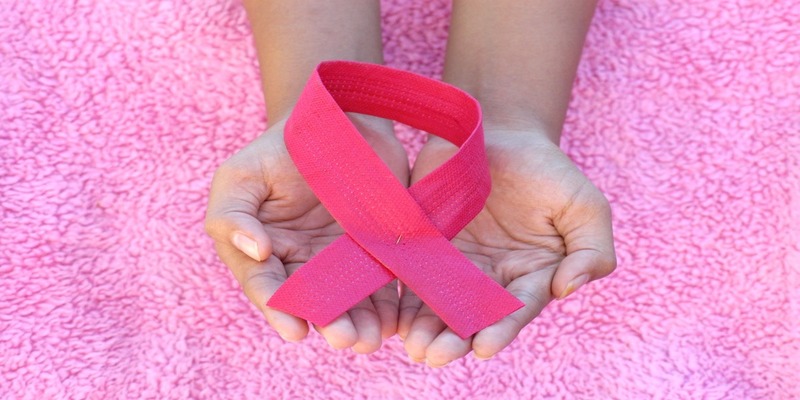Donations And Tax Deductions For Breast Cancer Awareness Month
Dec 06, 2022 By Triston Martin
Breast Cancer Awareness Month is in October. Since breast cancer is the most frequent cancer among American women, any help in the battle against it is much appreciated.
Contributing to society includes informing people about available services and therapies, encouraging individuals undergoing treatment, and obtaining funds for further study.
Giving back to the community has several advantages, including a potential reduction in your tax bill. Donations of time, money, or property to a qualified 501(c)(3) charity may be deducted from your taxable income.
Important 2022 Tax Considerations

The CARES Act, passed in response to the COVID-19 epidemic, includes additional incentives designed to increase charitable contributions in 2020. The Internal Revenue Service has now revealed that these choices will also carry over into the 2021 tax year.
Recently, the IRS has required itemizing to deduct charitable payments. But this year, even non-itemizers can benefit from an above-the-line deduction of up to $300 for one-time cash, cheque, or credit card contributions to eligible charitable organizations. If a married couple files their taxes together for donations and tax deductions, they might save up to $600.
This deduction does not apply to gifts of stocks, actual items, or volunteer time. This unique deduction is helpful for many people because, according to the most current data, nearly nine out of ten filers choose to take the standard deduction instead of itemizing.
Options For Charitable Giving: DAFs, Stocks, and More
If you're looking for ways to give back before the year ends, you don't have to limit yourself to contributing cash. Donor-advised funds , charitable donations and tax deductions are growing in popularity due to the tax advantages they offer donors.
The epidemic radically altered funding for many NGOs, jeopardizing their ability to continue making strides. Again, 2022 will be a tough year. Now could be the time to donate if you have a donor-advised fund. Please click here to learn more about contributing to BCRF from your DAF.
Donating stocks and assets that have increased in value may be a tax-wise and financially intelligent move. Federal capital gains taxes may be avoided or reduced by making such donations, the value of charity donations and tax deductions may be deducted from a taxpayer's taxable income.
Donating Cars For Breast Cancer
The many organizations dedicated to breast cancer research aim to develop a cure. Although raising public awareness is essential, the primary focus of these groups is on medical research and development. Some charities may accept clothes and other items for men and women fighting this disease.
Charities often welcome in-kind contributions like donated goods and services and monetary ones. Buying a car might not seem like the most obvious way to help fund breast cancer studies. The solution is elementary, honestly.
Organizations take donated cars and turn them into cash for the charity of the donor's choosing. Donors who contribute to breast cancer causes through automobile donations help with both early detection and treatment.
Contributions From You Will Make a Difference

The prevention and treatment of this disease have come a long way, but there is still work to be done. The American Cancer Society and Susan G. Komen are two of the most common recipients of charitable contributions.
There are, of course, many more deserving charities; if you wish to verify that a group is qualified to receive tax-deductible donations under IRS rules, you can utilize this helpful resource.
You should also know that if you purchase goods or services during a fundraising event, you can write off the amount that is more than the fair market value of the items or services you acquired. Clothing and other items donated to charity can be written off at their current market value.
Sharing Your Time and Talents
Of course, monetary donations aren't required to make a difference. Volunteering may make a significant difference for causes and people dealing with cancer. Keep meticulous records if you have to travel as part of your volunteer activity.
If you use your car to volunteer for specific nonprofits, you may be eligible to deduct the cost of those trips from your taxable income at a rate of 14 cents per mile. Meals and housing during your trip are two more items to account for in your spreadsheet.
Why Should You Support Breast Cancer Research?
Please include BCRF in your annual giving plans if you haven't already. Nearly 40 percent fewer people have died from breast cancer since BCRF started the fight in 1993. Through BCRF funding, the world's leading experts in this sector have revolutionized how they handle this condition.
Ongoing research support, however, is essential. Even a one-year reduction in funding can have a devastating effect on growth. It might likely cost us the better part of a decade to recover."
To paraphrase the late Stephen Hawking: "This would lead to lost lives—lives that could have been spared by continued advancement."








